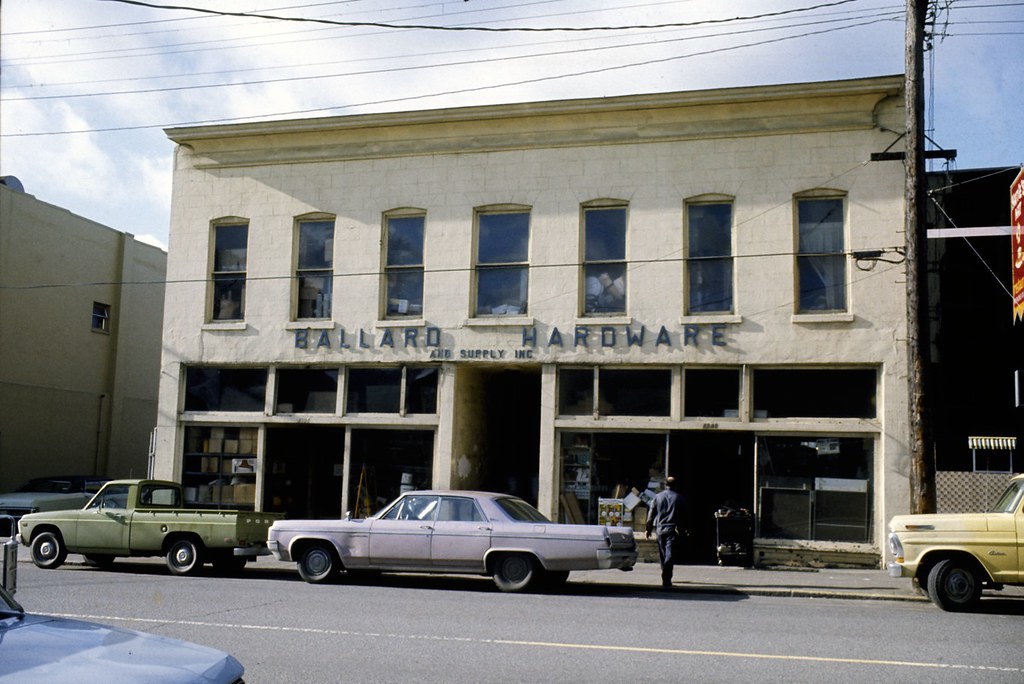
The 1970s, often shortened to the “Seventies” or the “’70s,” wasn’t just a decade of disco balls and questionable fashion choices (though, let’s be real, there was plenty of that!). It was a decade that historians increasingly portray as a “pivot of change” in world history. From political upheavals to economic shifts, and from technological leaps to profound social evolution, the years between January 1, 1970, and December 31, 1979, were absolutely jam-packed with events that sculpted the world we live in today.
Seriously, this wasn’t just any old ten-year stretch. On a global scale, the ’70s were characterized by frequent coups, domestic conflicts and civil wars, and various political upheavals and armed conflicts that arose from or were related to decolonization. Plus, there was this massive global struggle brewing between NATO, the Warsaw Pact, and the Non-Aligned Movement. Many regions, especially Southeast Asia, the Middle East, Latin America, and Africa, experienced high-intensity conflict. It was a turbulent, transformative time, and we’re about to take a deep dive into some of the most unforgettable moments that defined it.
So, buckle up, because we’re taking a trip back in time to explore the absolute game-changers of the ’70s. We’re talking about the events and movements that left an indelible mark, shaping economies, redrawing maps, and even laying the groundwork for our digital future. Forget everything you thought you knew about the ’70s, because these 12 iconic moments and movements are about to blow your mind and remind you why this decade was anything but ordinary.
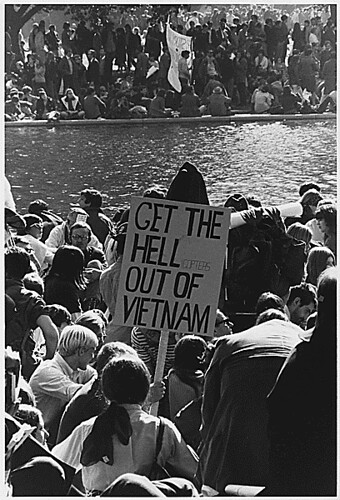
1. **The Dramatic Conclusion of the Vietnam War (1975)**
Let’s kick things off with an event that truly sent shockwaves across the globe: the winding down of the Vietnam War. This conflict, which had been ongoing since 1955, finally came to a definitive close in 1975. The United States, having been involved in the war since the early decade, faced immense political pressure, especially after The New York Times leaked information regarding the nation’s involvement. America’s withdrawal from the war officially happened in 1973, setting the stage for the dramatic finale.
The culmination of the war was undeniably impactful. The Fall of Saigon in 1975, coupled with the unconditional surrender of South Vietnam on April 30, 1975, marked a pivotal moment. This led to significant evacuations of South Vietnamese people that same year, as the political landscape shifted dramatically. The following year, Vietnam was officially declared reunited, closing a long, painful chapter in global history and reshaping geopolitical dynamics in Southeast Asia.
The end of the Vietnam War wasn’t just about a treaty or a surrender; it was a profound shift in global power and perspective. It highlighted the complexities of international intervention and the resilience of national liberation movements. The impact resonated far beyond the borders of Vietnam, influencing future foreign policies and sparking widespread debate about military engagement and its consequences. It was a definitive moment that defined the early-to-mid 1970s.
Read more about: 14 Pivotal Moments That Totally Reshaped the ’70s – And Why They Still Echo Today!

2. **The 1973 Oil Crisis and the Dawn of Stagflation**
Imagine a world suddenly grappling with an energy crisis that literally brought industrialized countries to their knees. That’s exactly what happened in 1973. This massive economic upheaval was caused by oil embargoes imposed by the Organization of Arab Petroleum Exporting Countries (OPEC). The ripple effects were immediate and far-reaching, triggering a financial crisis throughout the developed world and marking a stark end to the postwar economic boom.
This crisis introduced a term that would haunt economists for years: “stagflation.” For the first time, industrialized countries experienced the dreaded combination of economic stagnation, high inflation, and high unemployment. It wasn’t just a blip; it was a significant event that began a political and economic trend. This period saw the start of the replacement of Keynesian economic theory with neoliberal economic theory, with the first neoliberal government even coming to power with the 1973 Chilean coup d’état.
The 1973 oil crisis wasn’t merely about the price of gas; it fundamentally altered global economic policies and perceptions. It underscored the interdependence of economies, a lesson learned the hard way for many nations. Even Japan, despite facing this very oil crisis, managed to witness a large boom in this period, impressively overtaking the economy of West Germany to become the second-largest in the world. Talk about resilience in the face of adversity!
Read more about: Beyond the Stage: 11 Pivotal 1970s Moments That Forged the Future We Know Today
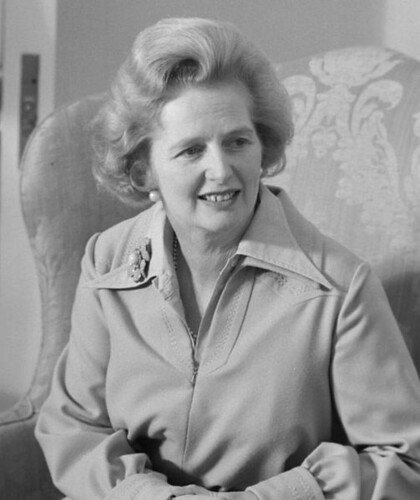
3. **The Rise of Women Leaders: Breaking Barriers on the World Stage**
While the world was busy navigating wars and economic crises, another monumental shift was quietly yet powerfully underway: the significant rise of women as heads of state and heads of government. The 1970s saw social progressive values, which had begun in the 1960s, continue to grow, including increasing political awareness and economic liberty of women in the Western world. This decade truly showcased trailblazers who shattered glass ceilings.
Consider the incredible roster: Soong Ching-ling continued as the first Chairwoman of the People’s Republic of China until 1972. Isabel Perón made history as the first woman President in Argentina in 1974, though she was deposed in 1976. Elisabeth Domitien became the first woman Prime Minister of the Central African Republic. Indira Gandhi continued her powerful tenure as Prime Minister of India until 1977. Lidia Gueiler Tejada stepped up as the interim President of Bolivia starting from 1979 to 1980.
And who could forget the monumental year of 1979? That year alone saw Maria de Lourdes Pintasilgo become the first woman Prime Minister of Portugal and, perhaps most famously, Margaret Thatcher become the first woman Prime Minister of the United Kingdom. Her victory in the 1979 election initiated a neoliberal economic policy that would redefine British politics. These women weren’t just leaders; they were symbols of a global cultural transition and increasingly flexible and varied gender roles, influencing generations to come.
Read more about: 12 Defining ’70s Moments That Shaped Our World (And What Vanished Along The Way!)

4. **The Microprocessor Revolution: Computing Comes Home**
Before we had smartphones in our pockets and supercomputers on our desks, there was the 1970s, a decade that laid the digital foundation for our modern world. This was an era of truly great technological and scientific advances, especially in computing. The appearance of the first commercial microprocessor, the Intel 4004, in 1971, was nothing short of revolutionary.
This tiny chip sparked a profound transformation. Computing units, which were then rudimentary, spacious machines, began their journey into the realm of portability and home accessibility. Imagine that! From massive room-sized machines to something that could eventually sit on a desk – the groundwork was being laid. This wasn’t just a tech upgrade; it was a paradigm shift that promised to change how everyone interacted with information and technology.
Beyond microprocessors, fields like physics saw incredible consolidation. Quantum field theory solidified by the end of the decade, largely thanks to the confirmation of quarks and the detection of the first gauge bosons (the Z boson and the gluon, in addition to the photon). These discoveries became part of what was christened in 1975 as the Standard Model. So, while you might not have had a home computer yet, the scientific and technological engines were revving up, paving the way for the digital age to come.
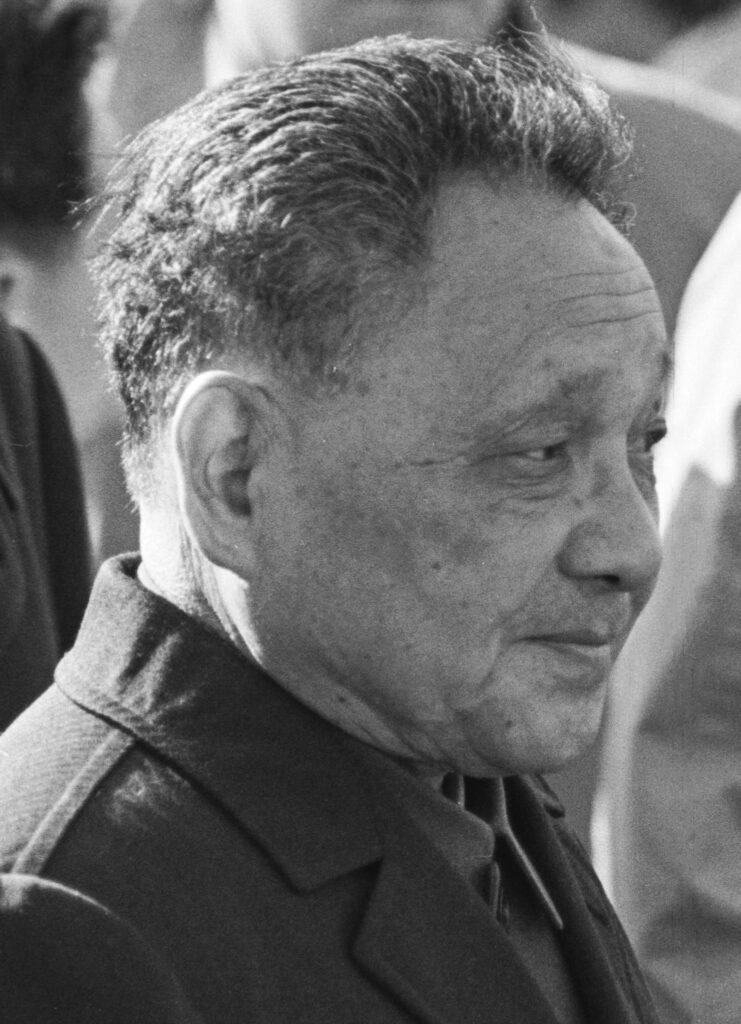
5. **China’s Diplomatic Re-Awakening: From Nixon to Deng**
The 1970s witnessed a monumental shift in international relations, particularly concerning the People’s Republic of China. For years, China had been largely isolated, but that began to change dramatically in this decade. US President Richard Nixon made a historic visit to the country in 1972, following visits by Henry Kissinger in 1971. This re-opened dialogue and began the process of restoring relations between the two powerful nations, though formal diplomatic ties weren’t established until 1979.
The middle of the decade brought further significant changes within China itself. In 1976, both Mao Zedong and Zhou Enlai passed away, marking the end of the Cultural Revolution and the beginning of a brand-new era. After a brief period under Mao’s chosen successor, Hua Guofeng, Deng Xiaoping emerged as China’s paramount leader. And boy, did he usher in change!
Deng Xiaoping wasted no time, beginning to shift the country towards market economics and away from ideologically driven policies. This was a massive undertaking that would redefine China’s place in the global economy and political landscape. His visit to the US in 1979 solidified these new international dynamics, setting China on a path that would profoundly impact the world for decades to come. It was truly a re-awakening on an unprecedented scale.
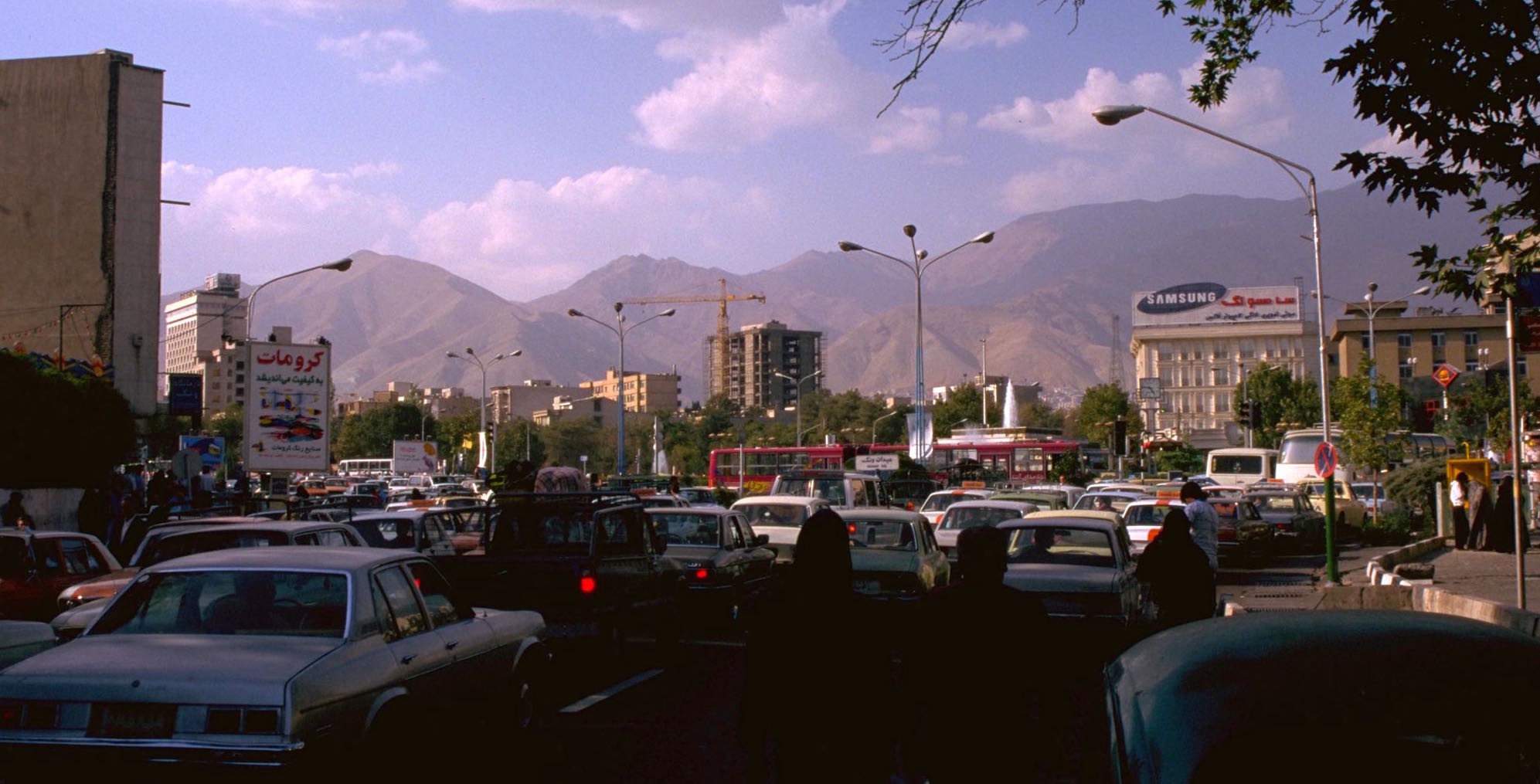
6. **The Iranian Revolution of 1979: A New Dawn, A New Power**
Just as the ’70s were drawing to a close, a seismic event erupted that would reshape the Middle East and send ripples across the entire world: the Iranian Revolution of 1979. This wasn’t just a change in leadership; it was a complete transformation of a nation’s identity and global alignment. Iran shifted dramatically from an autocratic, pro-Western monarchy under Shah Mohammad Reza Pahlavi to a theocratic Islamist government.
This revolutionary change was spearheaded by Ayatollah Ruhollah Khomeini, whose leadership ushered in a completely new political and religious order. The distrust between these new revolutionaries and Western powers became palpable almost immediately. A chilling example of this newfound tension was the Iran hostage crisis, which began on November 4, 1979. In this harrowing event, 66 diplomats, mainly from the United States, were held captive for an agonizing 444 days.
The Iranian Revolution wasn’t just a local affair; it introduced a “new wrinkle” in the form of Islamic fundamentalism, as the Shi’a theocracy declared itself hostile to both Western democracy and what it considered “godless communism.” This event profoundly affected global attitudes toward and among those of the Muslim faith toward the end of the 1970s, signaling the emergence of a powerful new force on the international stage that would continue to shape geopolitical discourse for years.
Okay, so we’ve covered the first half of the ’70s, which was already a wild ride, right? But hold onto your disco pants, because the latter half of this decade was just as packed with earth-shattering moments that continued to redefine our world. From unexpected peace treaties to chilling tragedies and devastating conflicts, the ’70s kept delivering historical headlines right up until the very end. Let’s dive back in and unpack even more of these pivotal events, because trust us, the story of the Seventies is far from over!
Read more about: The ’70s Unveiled: 12 Pivotal Moments and Transformations That Defined a Decade (Then Faded Away)
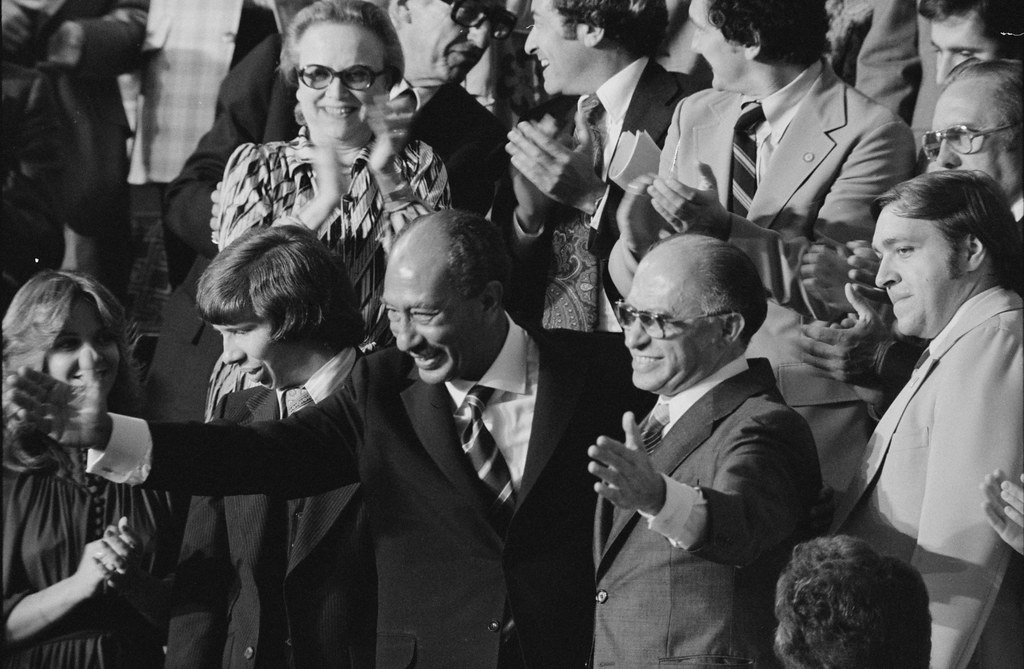
7. **The Surprising Diplomatic Breakthrough of the Camp David Accords (1978)**
Just when you thought the Middle East was destined for perpetual conflict, 1978 dropped a bombshell of hope: the Camp David Accords. Imagine, after years of tension and outright war, the leaders of Israel and Egypt actually sat down and shook hands! This monumental event, spearheaded by US President Jimmy Carter, brought together Israeli Prime Minister Menachem Begin and Egyptian President Anwar Sadat for thirteen days of secret negotiations at Camp David, the presidential retreat. It was a truly remarkable effort to bridge seemingly unbridgeable divides.
This wasn’t just a handshake for the cameras, though; it was a game-changer. On September 17, 1978, the Camp David Accords were officially signed between Israel and Egypt, paving the way for the 1979 Egypt–Israel peace treaty. This treaty fundamentally altered the dynamics of the Arab-Israeli conflict, marking the first time an Arab nation recognized Israel. It was a moment that underscored the power of diplomacy and courageous leadership in the face of long-standing animosities.
The impact of these accords was immediately recognized on the global stage. Both Sadat and Begin were jointly awarded the 1978 Nobel Peace Prize for their brave efforts in forging peace. Their willingness to step beyond generations of hostility to secure a future of coexistence was truly inspiring. Sadly, Sadat’s bold actions would later lead to his assassination in 1981, a stark reminder of the immense personal risks involved in pursuing peace in deeply divided regions.
Read more about: 14 Pivotal Moments That Totally Reshaped the ’70s – And Why They Still Echo Today!

8. **The Chilling Narrative of the Jonestown Tragedy (1978)**
While the ’70s brought breakthroughs, it also bore witness to one of the most horrifying and bizarre events in modern history: the Jonestown tragedy in November 1978. In the remote jungle of Guyana, the Rev. Jim Jones had established a “Utopian Marxist commune” called Jonestown, leading several hundred followers of his People’s Temple from California. What began as a promise of a better life tragically descended into a nightmare of abuse and manipulation under Jones’s increasingly erratic leadership.
Allegations of corruption and severe mental, ual, and physical abuse within the commune, coupled with followers being denied the right to leave, eventually prompted a visit from a US Congressional committee and journalists in November 1978. This investigative mission, intended to uncover the truth, turned deadly at the airport when Jones’s guards attacked and shot the visitors, including Congressman Leo Ryan, who was tragically killed. This horrific act marked the beginning of the end for Jonestown.
In the wake of the airport massacre, the demented Jim Jones issued an order that would forever cement Jonestown’s place in infamy: a mass suicide. His followers were either forced or persuaded to drink cyanide-laced fruit punch (Flavor Aid). The scene that unfolded was beyond comprehension. In total, over 900 deceased individuals were found, with approximately one-third of them being children. Jones himself was among the dead, having taken his own life.
The aftermath was a grim logistical challenge for the United States, as multiple military units were mobilized and sent to Guyana to recover the bodies. After the Guyanese Government rejected the idea of burying the victims on their soil, US military personnel painstakingly prepared and transported the remains for burial in the USA. The clean-up and recovery operations alone cost US taxpayers approximately $4.4 million, a testament to the immense scale and profound tragedy of Jonestown.

9. **The Watergate Scandal and Nixon’s Resignation (1974)**
Back in the US, the early ’70s were rocked by a scandal that would permanently alter the American political landscape: Watergate. This wasn’t just a political hiccup; it was an unprecedented constitutional crisis that captivated and ultimately disillusioned a nation. The scandal, which began with a seemingly small break-in, spiraled into a massive cover-up that reached the highest echelons of power.
The relentless investigations and public revelations exposed a shocking abuse of power within the White House. Faced with mounting evidence and the very real threat of impeachment, United States President Richard Nixon made the historic decision to resign from office on August 9, 1974. He departed the White House famously flashing the V-for-Victory sign, even as the charges for impeachment loomed over him. It was a moment of profound significance, the first and only time a US president has ever resigned.
Nixon’s resignation sent shockwaves through the country, fundamentally shaking public trust in government and its leaders. It set a new precedent for presidential accountability and underscored the power of a free press and an independent judiciary. The scandal left an indelible mark on American politics, forever changing how the public perceived presidential power and the importance of ethical governance. It truly was a defining moment for the ’70s.
Read more about: 14 Pivotal Moments That Totally Reshaped the ’70s – And Why They Still Echo Today!
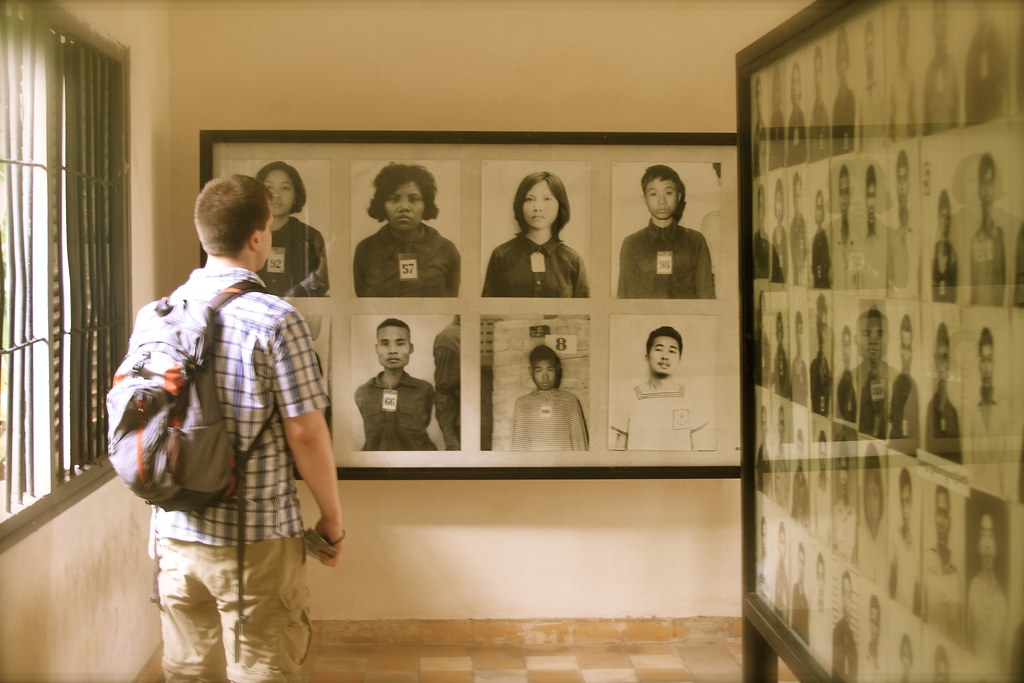
10. **The Horrors of the Cambodian Genocide (1975-1979)**
While some parts of the world were striving for peace, Cambodia was plunged into an unimaginable nightmare. The end of the Cambodian Civil War in 1975 saw the communist leader Pol Pot and his Khmer Rouge forces capture the capital, Phnom Penh. This victory marked the beginning of Democratic Kampuchea, a regime that would unleash a horrifying period of state-sponsored terror and genocide.
The Khmer Rouge’s vision was radical and brutal: to establish an agrarian society by forcing people out of cities and into the countryside to clear jungles. Their regime systematically targeted anyone deemed an enemy of the new order. This included Buddhist priests and monks, individuals who spoke foreign languages, those with any form of education, or even people who wore glasses. These innocent individuals were subjected to torture and systematic killings on a scale that defies comprehension.
Between 1975 and 1979, the Khmer Rouge carried out what became known as the Cambodian genocide. The death toll was staggering, with estimates ranging from nearly two million to as many as three million people. It was a chilling example of ideological extremism leading to mass murder, leaving a deep scar on the history of Southeast Asia and the world. The suffering inflicted upon the Cambodian people during this dark period is almost unfathomable.
Thankfully, this reign of terror eventually came to an end. Vietnam invaded the country at the start of 1979, successfully overthrowing the Khmer Rouge and installing a satellite government. This intervention, however, provoked a brief but furious border war with China in February of that same year, adding another layer of geopolitical complexity to an already tragic situation.
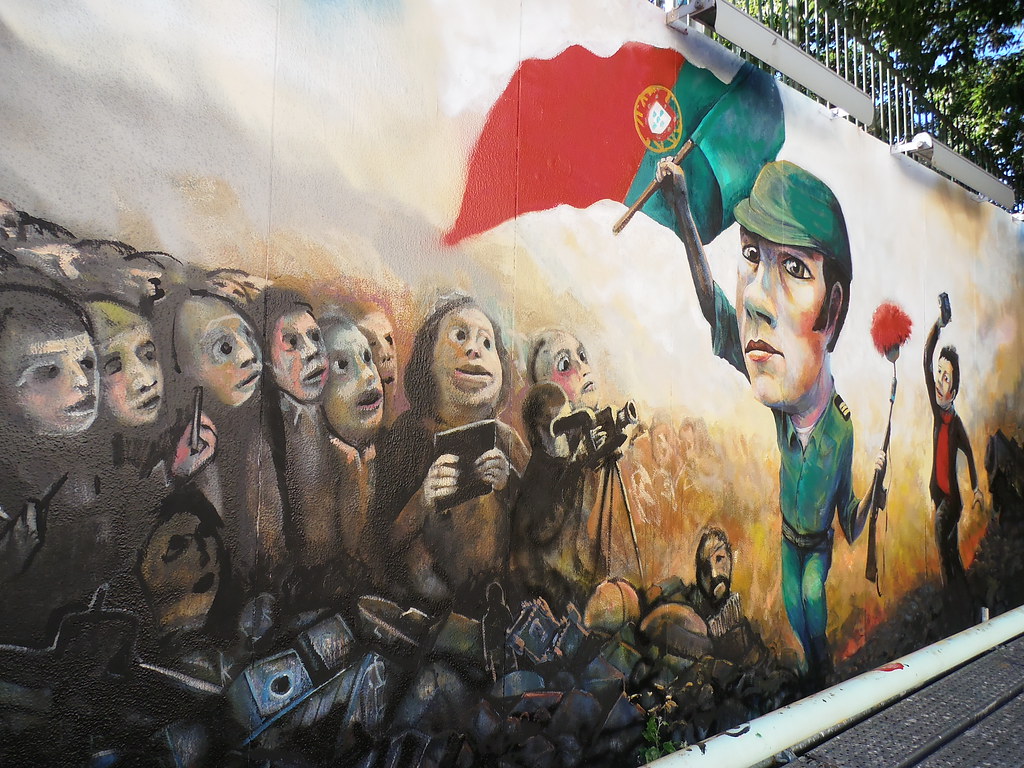
11. **Significant Decolonization Across Africa (1975-1979)**
The 1970s continued the powerful wave of decolonization that had begun in previous decades, especially across the African continent. This was a period when many nations finally threw off the shackles of colonial rule, carving out their own destinies and reshaping the global map. It was a thrilling, albeit often turbulent, march towards self-determination and national sovereignty.
A major catalyst for further decolonization in Africa was the Carnation Revolution in Portugal in 1974. This military coup, which swiftly gained popular civil support, overthrew Portugal’s fascist regime and ultimately led to the decolonization of all its colonies. As a direct result, Angola and Mozambique proudly gained their independence from the Portuguese Empire in 1975, marking a significant end to centuries of European domination.
Not long after, in 1976, Spain also formally withdrew its claim over Spanish Sahara, signifying the official end of the Spanish Empire. These acts of independence were monumental, representing freedom and new beginnings for millions. However, the path to stable nationhood was often fraught with challenges. The context tells us the continent was “plagued by endemic military coups, with the long-reigning Emperor of Ethiopia Haile Selassie being removed, civil wars and famine,” reminding us that independence brought its own complex struggles.
Read more about: 14 Pivotal Moments That Totally Reshaped the ’70s – And Why They Still Echo Today!

12. **The Soviet Invasion of Afghanistan (1979)**
Just as the ’70s were signing off, the world witnessed a dramatic geopolitical shift that would reignite Cold War tensions and set the stage for a new decade of conflict: the Soviet invasion of Afghanistan. For much of the decade, the Soviet Union, under Leonid Brezhnev, had actually pursued a policy of “détente” – an effort to lessen tensions with its rival superpower, the United States. But that was all about to change.
On December 27, 1979, the Soviet Union abruptly shattered the fragile policy of détente by invading Afghanistan. This military intervention officially kicked off the Soviet–Afghan War, a conflict that, while starting at the very tail end of the ’70s, would tragically unfold almost entirely throughout the 1980s. It was a stark reminder that beneath the surface of superpower diplomacy, the relentless jockeying for global influence was still very much alive.
This move by the Soviets fundamentally altered the geopolitical chessboard. It not only ended any pretense of easing tensions between the US and the USSR but also drew the United States into a prolonged proxy conflict. The invasion highlighted the dangers of Cold War rivalries spilling over into other nations, leaving a lasting legacy of instability in the region and shaping international relations for decades to come. Talk about going out with a bang!
Read more about: 14 Mind-Blowing 70s Moments That Would Ignite Today’s Scrutiny (And Probably Get ‘Cancelled’)
Wow, what a journey through the latter half of the ’70s! From groundbreaking peace treaties to devastating human tragedies and the redrawing of global alliances, this decade truly was a “pivot of change.” It challenged norms, saw leaders rise and fall, and laid the groundwork for so much of the world we inhabit today. The ’70s weren’t just about the music and the fashion; they were a crucible of transformative events that reshaped nations, economies, and our collective understanding of history. It’s clear that understanding these moments isn’t just about looking back, it’s about understanding the complex tapestry of our present. And that, my friends, is absolutely fascinating.


